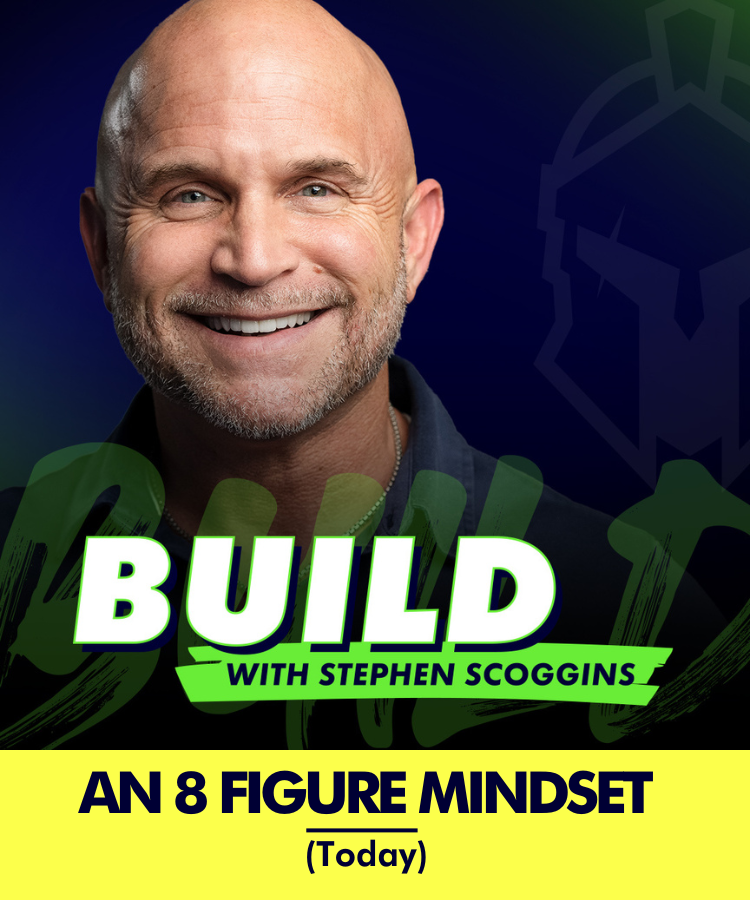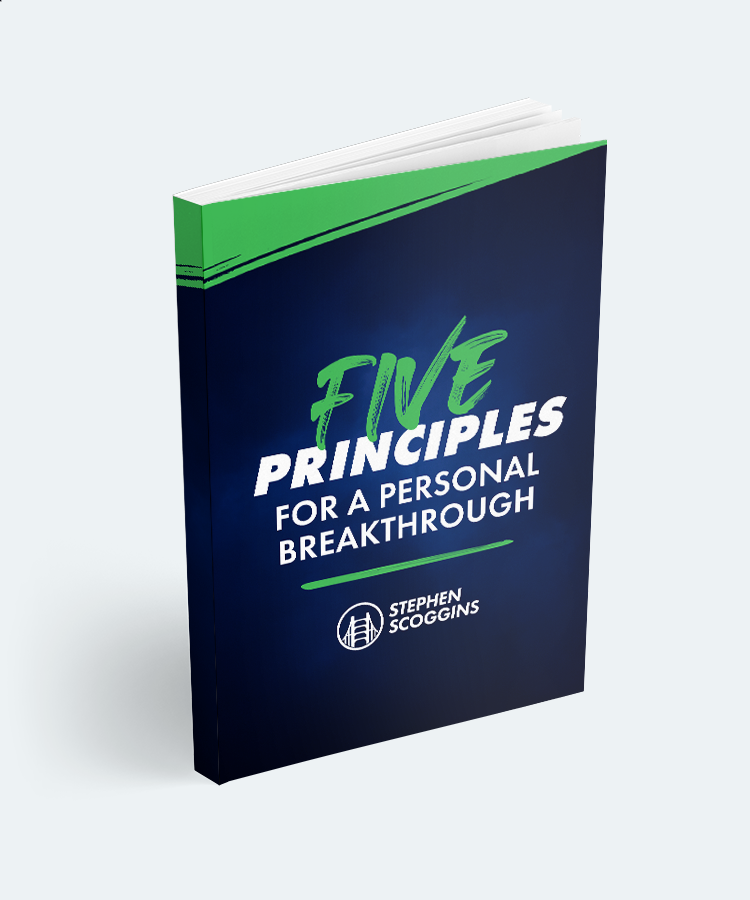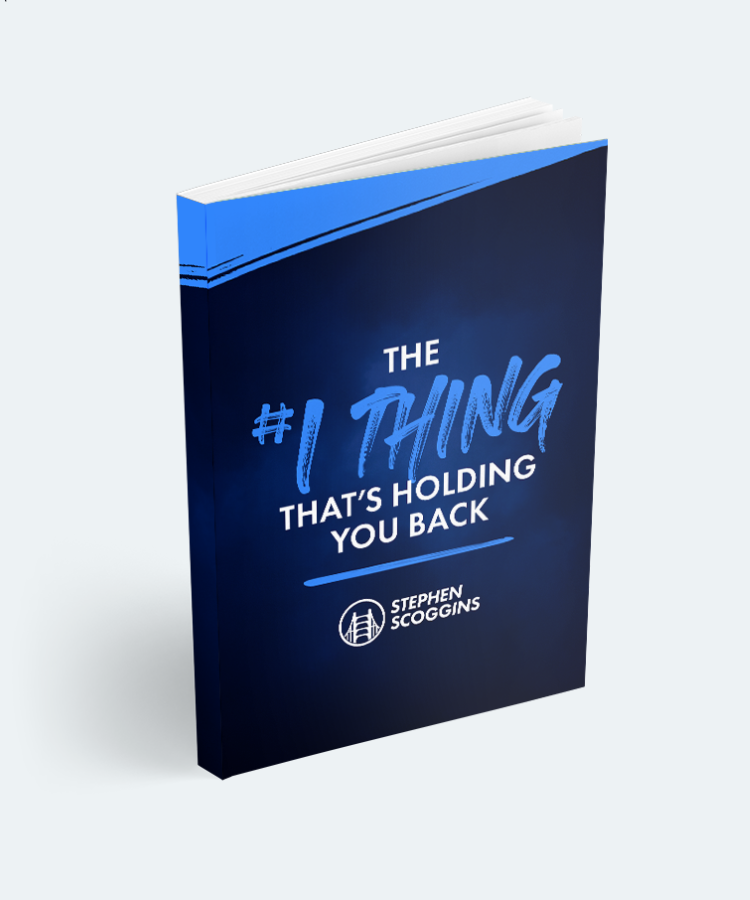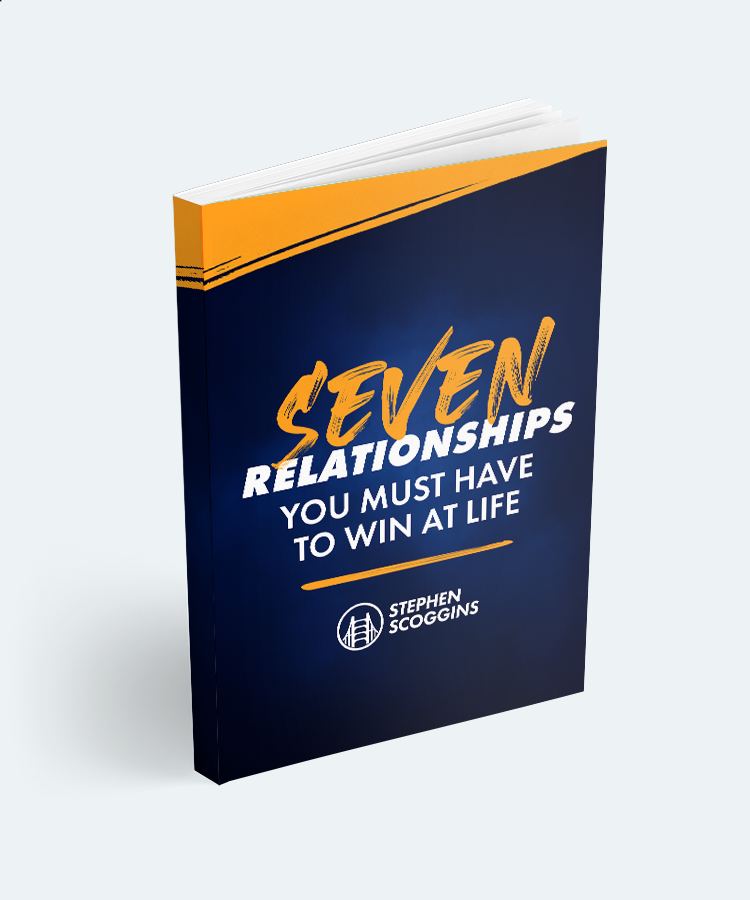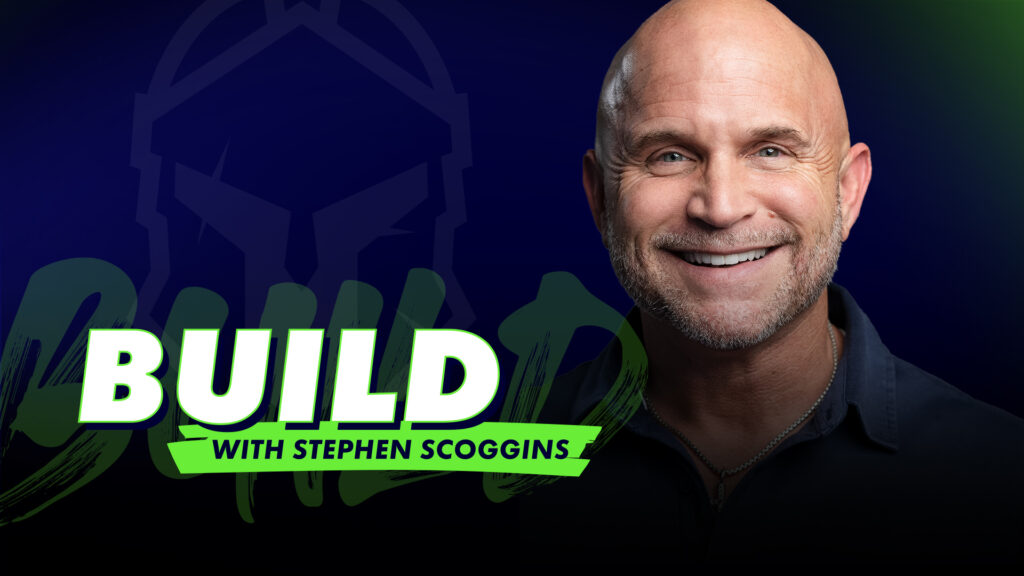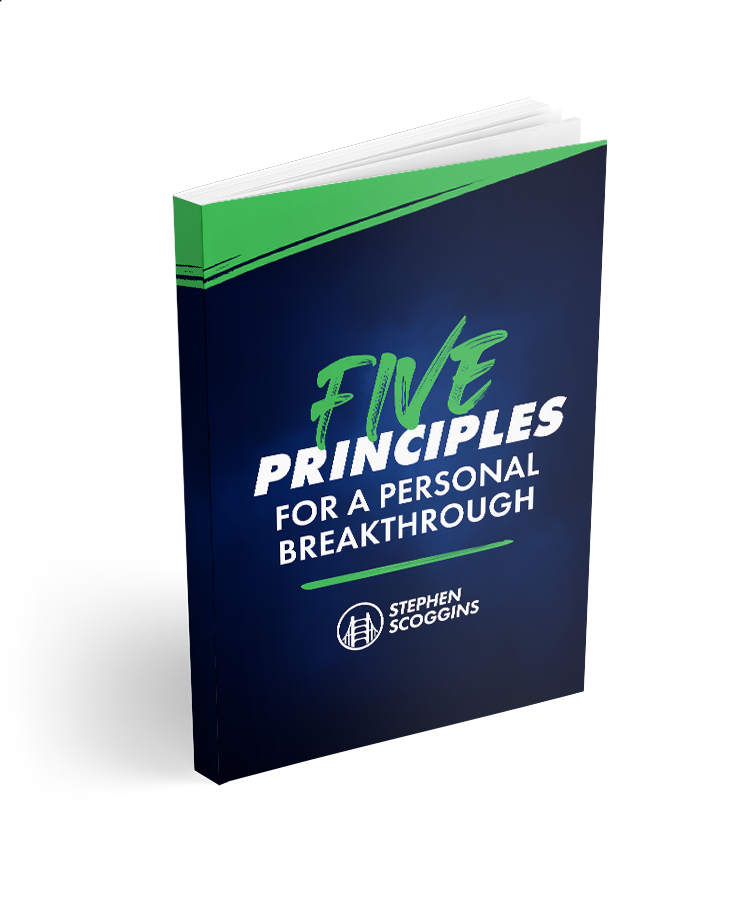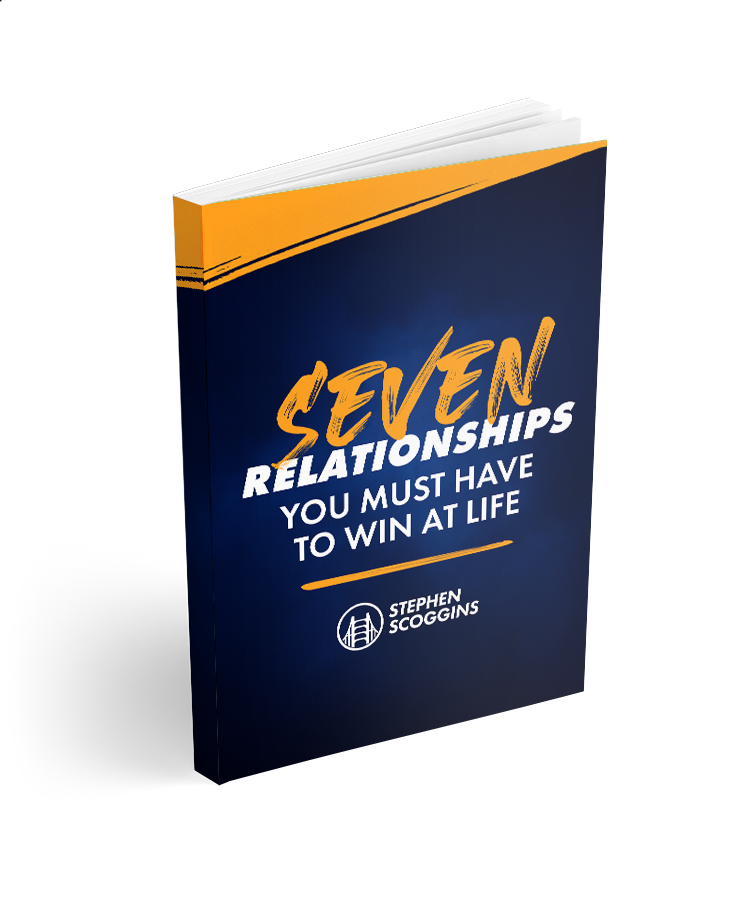Every relationship has its problems. The question a lot of people struggle with is whether a troubled relationship is worth fighting for or if it’s better to abandon it. Far too many times I’ve seen great couples who start out great but end up leaving each other after a while, simply because they don’t know how how to resolve relationship problems when they arise. It’s important that everyone understands how to fix a broken relationship, because even your best relationships will have some brokenness.S
Here I will share several specific steps I take when resolving conflict in a relationship that matters to me. I hope they help you too. Fair warning before you continue though: you may find them fairly challenging.
Step 1 – Own Your Junk
I’m going to spend the most time on this step, because it’s the critical first move when you’re trying to fix a broken relationship. Relationships are a two-way street, and if one of yours is broken, the odds are that you had something to do with it. For the relationship to truly be fixed, you are going to have to take responsibility for the part you played in the problems it’s facing.
My wife and I love each other a lot, and yet sometimes we fight. We have disagreements. Sometimes I hurt her feelings, and sometimes she hurts mine. However, we always work it out because we’ve learned to importance of admitting our mistakes. Over the course of our relationship, we noticed that the sooner we both were willing to acknowledge our mistakes, the sooner we were able to fix the issue at hand. It made everything easier. Owning our mistakes diffused the conflict and helped us remember in the moment that we were on the same teams.
Contrast this with getting defensive, which is something I used to do out of habit. It came naturally, but looking back it made no sense. For one thing, I knew I’d done wrong. By getting defensive, I was being dishonest and wasn’t fooling anybody. Not only that, my denial made the other person angrier than they already were, because why wouldn’t it?
Trying to die on a hill rather than admit mistakes will kill your relationship. Owning your junk can save it. If you allow yourself to be held accountable, then others will show you the same loyalty and authenticity. Treat people how you want to be treated and the same will always come back to you. Everyone knows everybody makes mistakes, so just admit yours when you make them, big and small.
Step 2 – Express a Desire for Understanding
The next barrier my wife and I saw in our relationship after we mastered owning our mistakes was the need to be right. After we’d acknowledged that we’d contributed to the conflict and had a part to play, we then needed to move forward towards a resolution. When we would get into the details of how to move forward, the same defensiveness would sometimes arise. We realized that just because we were both willing to admit fault, that didn’t mean either of us understood why exactly the other person was bothered. Eventually we started trying to understand each other’s side of the story before moving towards next steps.
This step is important to fix a broken relationship because it builds connectivity. Connectivity is what builds trust over time. When there is real trust in a relationship, it becomes much, much easier to resolve conflict. Bear in mind though that this requires a real desire to understand. You can’t fake this. There must be a real desire in you to get the other person. Also, you will need to literally close your mouth and open your ears. Let them talk.
Step 3 – Repeat Their Point of View Back
This is a habit that I have developed over time, because I am not naturally a listener. My instinct is usually to talk and try to move forward rather than slow down and confirm I have all the right information. When I am seeking to understand someone (especially when I’m trying to fix a broken relationship), I’ve learned not to assume that I understand what they just said. Instead, I say, “What I heard you say was…” followed by what I think they just said. Do this, and it will save you a lot of misunderstanding. It will also show the person that you are present and actually making an effort to listen.
Step 4 – Build Bridges, Not Ditches
You are neither wrong nor right 100% of the time. Odds are you are correct in a lot of your assertions and incorrect in plenty of others. The same goes for the person across the table. This is why compromise is an important value if you want to fix a broken relationship.
In our company, we often say “build bridges, not ditches” to remind ourselves that it’s important to work together towards a solution whenever there is a problem. It’s good to remind yourself of this, because sometimes you can’t find a good compromise in one sitting. Sometimes you will need to circle back to a problem a few times in order to get a compromise that works. That’s ok. If the relationship matters enough to you, you will get to a solution that works for everyone.
Get More Relationship Advice From Stephen Scoggins
I challenge you to lean into whatever problems you’re facing in your relationships. It’s not easy, and that’s why a lot of people don’t have good relationships. Fortunately, you can show courage and practice the steps I shared in this post. The more you do, the more your relationship skills will increase, and the deeper your bonds will grow.
I hope you found this blog helpful. If you’d like more information on how to become your best self and have a killer inner circle, check out my eBook library. Right now I’m giving away all three of my eBooks for free. Check them out and get your relationships in a better place.






